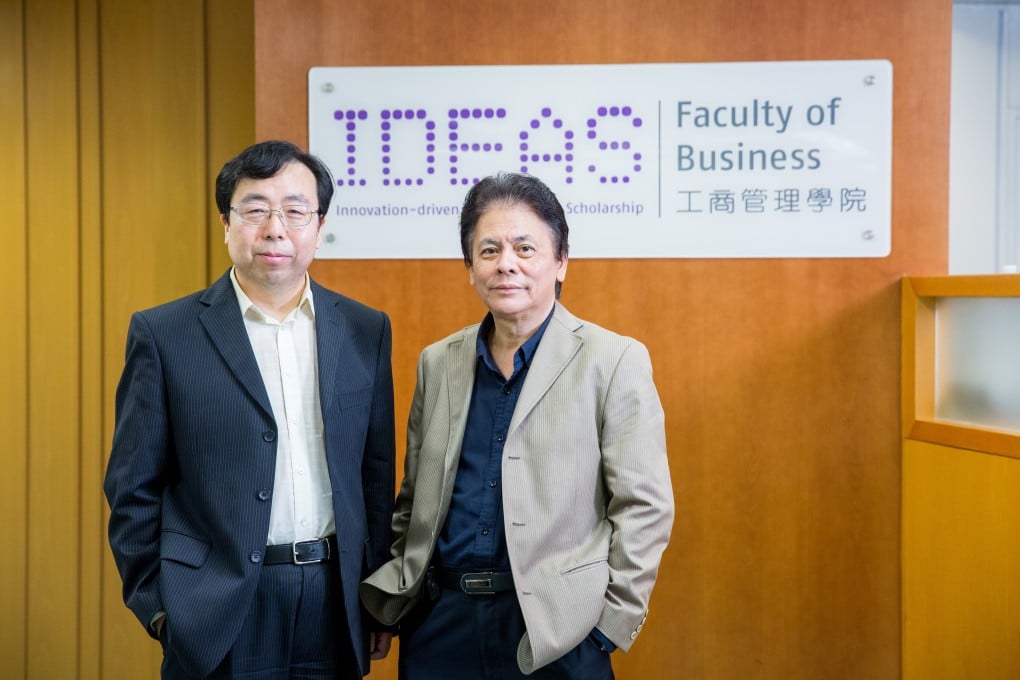Technology disruption creates exciting business opportunities - PolyU offers the first-ever professional doctorate in fintech

[Sponsored Article]
The impact of fintech and digital finance is sweeping across the financial centres of the world. It is transforming banking, insurance, stock markets, as well as everything from retail payments to supply chain finance.
China already leads the world in fintech, having built some of the most advanced fintech companies. The US, Japan and Southeast Asia are also becoming hubs of fintech development. In Hong Kong, where the financial industry accounts for one-fifth of GDP and roughly 7 per cent of the workforce, fintech adoption and digital innovation are also taking place at a rapid pace. In fact, digital transformation through finance and technology is impacting every sector and industry.
The Hong Kong Polytechnic University (PolyU) recognises the demand for senior business leaders who can understand and can navigate these significant shifts in the digital economy. This is why PolyU Faculty of Business is launching a new Doctor of FinTech (DFinTech) programme, said Wilson Tong, professor of finance and programme director of the DFinTech programme.
“It is essential for senior executives to gain an understanding of fintech and its impact on different industries, regardless of whether they work at large multinationals or in small-and-medium enterprises,” Tong said.
“We will help senior executives make better decisions transforming their businesses and meeting the challenges of technology changes.”